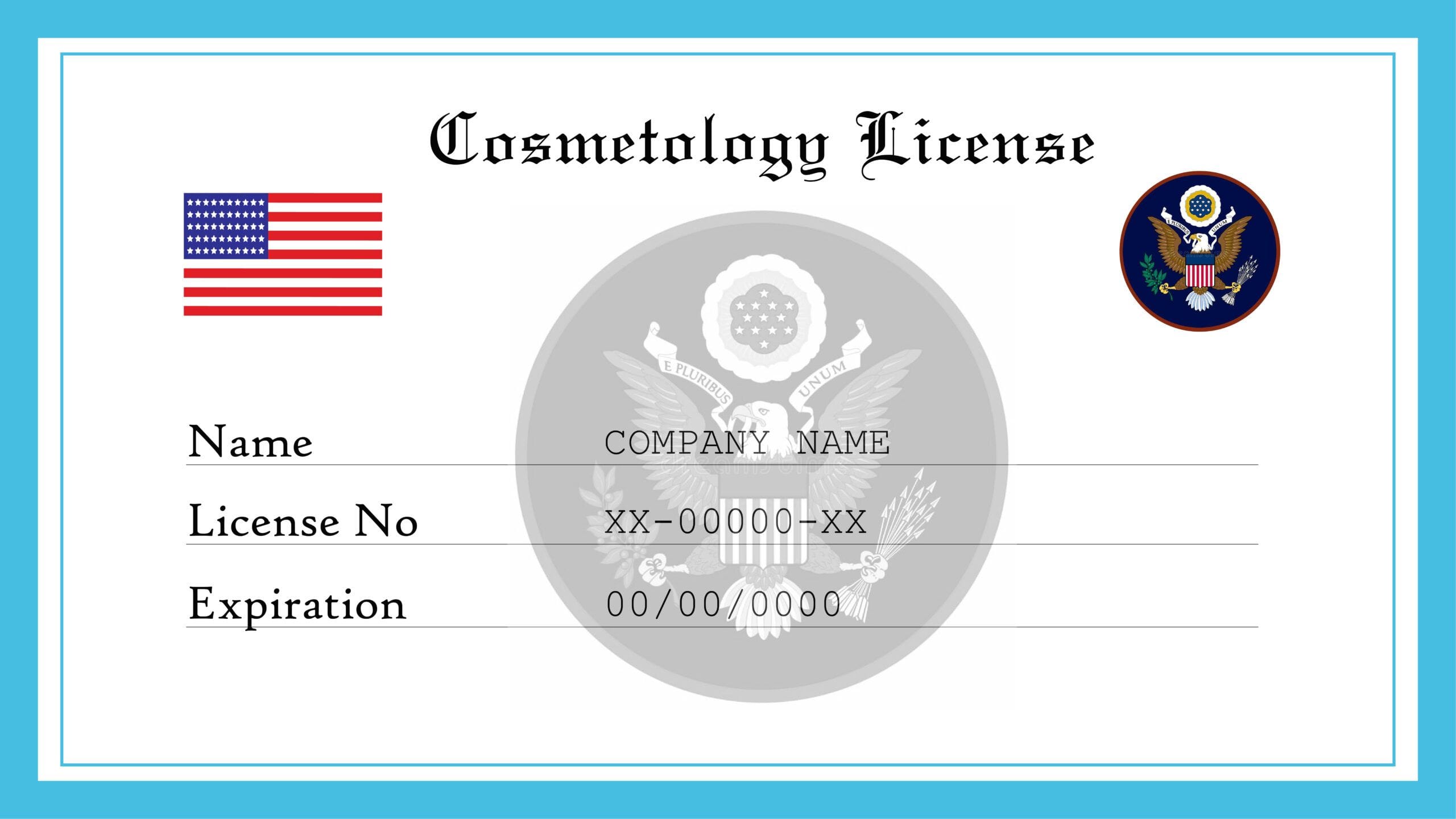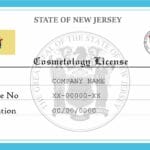This comprehensive guide provides aspiring cosmetologists in Tennessee with everything they need to know about licensure, regulations, costs, and the latest 2024 updates from the Tennessee State Board of Cosmetology & Barber Examiners. Whether you dream of cutting hair, perfecting manicures, or specializing in skincare, this resource will equip you with the knowledge to navigate the beauty industry in Tennessee.
Understanding the Tennessee Board of Cosmetology
The Tennessee State Board of Cosmetology & Barber Examiners plays a vital role in the state’s beauty industry. This governing body establishes and enforces regulations to ensure public safety, professional standards, and ethical practices among cosmetology professionals. They oversee licensing, conduct inspections, and handle disciplinary actions, acting as a safeguard for both clients and practitioners. Understanding the Board’s role is crucial for anyone seeking a cosmetology career in Tennessee. Learn more about the Tennessee Board of Cosmetology and their mission.
Obtaining Your Tennessee Cosmetology License
The path to becoming a licensed cosmetologist in Tennessee involves several key steps:
1. Completing a State-Approved Training Program
Aspiring cosmetologists must complete a state-approved training program, totaling a minimum of 1500 hours. This comprehensive education covers a wide range of topics including hair cutting, styling, coloring, skincare, nail care, sanitation practices, and sometimes, basic business management. Two primary program types are available:
- Full-time Programs: These intensive programs typically last about one year, allowing students to complete the required hours quickly and enter the workforce sooner.
- Part-time Programs: Designed for students with other commitments, part-time programs offer greater flexibility but may take two or more years to complete. For a better understanding of electrical guidelines within your salon, refer to table 310.16 of the National Electrical Code.
Choosing the right program depends on individual circumstances and learning preferences. Consider factors such as cost, schedule flexibility, and personal learning style when making your decision.
2. Passing the State Board Exam
After completing the required training hours, candidates must pass the Tennessee Cosmetology State Board Exam. This exam is administered by PSI and comprises two parts:
- Theory (Written) Exam: This portion tests knowledge of cosmetology principles, safety regulations, and state laws.
- Practical Exam: This component evaluates hands-on skills and techniques in a real-world setting. Candidates are typically required to bring their own supplies and appropriate disposal containers. The practical exam takes approximately 3-4 hours.
The exam costs $140 for both portions or $70 for each individually. Exam locations include Cookeville, Chattanooga, Jackson, and Johnson City. Four registration options are available through PSI, accessible via the Tennessee Department of Commerce and Insurance website.
3. Submitting Your Application and Fees
Once you’ve successfully passed the exam, the final step is to submit your application for licensure through the Tennessee Department of Commerce and Insurance website, core.tn.gov. The application fee is $60. Be sure to gather all required documentation, including proof of age (at least 16 years old) and education (two years of high school or a 38%+ score on the GED® or HiSET®).
Maintaining Your License: Renewals
Tennessee cosmetology licenses must be renewed every two years. The renewal fee is $60, and there’s a $25 late fee if you miss the deadline. You can renew online through core.tn.gov up to 60 days before your license expires. See Rule 0440-1-.13 (3) of the Tennessee Rules of Cosmetology for detailed information. While not currently mandatory in Tennessee, staying up-to-date with continuing education demonstrates professionalism and keeps your skills sharp.
License Types
Tennessee offers a variety of cosmetology licenses catering to different specializations:
- Cosmetologist
- Barber
- Aesthetician
- Manicurist
- Natural Hair Stylist
- Eyelash Extension Specialist
Regulations and Rules Governing Cosmetology in Tennessee
The Tennessee Board of Cosmetology not only manages licensing but also sets and enforces regulations for salons and other cosmetology establishments. These regulations address sanitation standards, safety protocols, and equipment requirements. They also mandate domestic violence awareness training for all licensees, empowering professionals to recognize and respond to signs of abuse. Violations of the Tennessee Cosmetology Act can result in disciplinary actions.
2024 Updates and Key Changes
Staying updated with regulatory changes is crucial for compliance. Key 2024 updates include:
- Limited Service Shops and Equipment Waivers: New rules have been implemented regarding equipment waivers for limited-service shops. Review the latest guidelines to ensure your establishment meets current requirements.
- Dedicated Eyelash Extension License: Recognizing the growing popularity and specialized nature of eyelash extensions, Tennessee now requires a dedicated license for this service. This involves completing a 300-hour training program focused on eyelash extension techniques and safety protocols.
Estimated Costs of Becoming a Licensed Cosmetologist
The total cost to become a licensed cosmetologist in Tennessee varies depending on several factors, primarily the chosen training program. Here’s a general breakdown of the expected expenses:
- Application Fee: $60
- Exam Fee: $140 (or $70 per section)
- Cosmetology School Tuition: This ranges from approximately $5,000 to $15,000+, depending on the institution (public or private), program length, and specific curriculum. Research various schools and compare tuition costs, financial aid options, and payment plans.
- Additional Expenses: Factor in costs for textbooks, supplies, kits, professional attire, and potential continuing education courses.
Conclusion
Becoming a licensed cosmetologist in Tennessee requires dedication, training, and an understanding of the state’s regulations. This guide serves as a starting point. Always refer to the official Tennessee Board of Cosmetology website and resources for the most current and accurate information. Good luck on your journey to a fulfilling career in the beauty industry!
- Georgia Platform: A Southern Strategy, 1850s - March 31, 2025
- How many weeks is 40 days: Quick Conversion Guide for Accurate Results - March 31, 2025
- How many feet is 300 meters? 984 Feet: Understand Length Conversions Easily - March 31, 2025
















